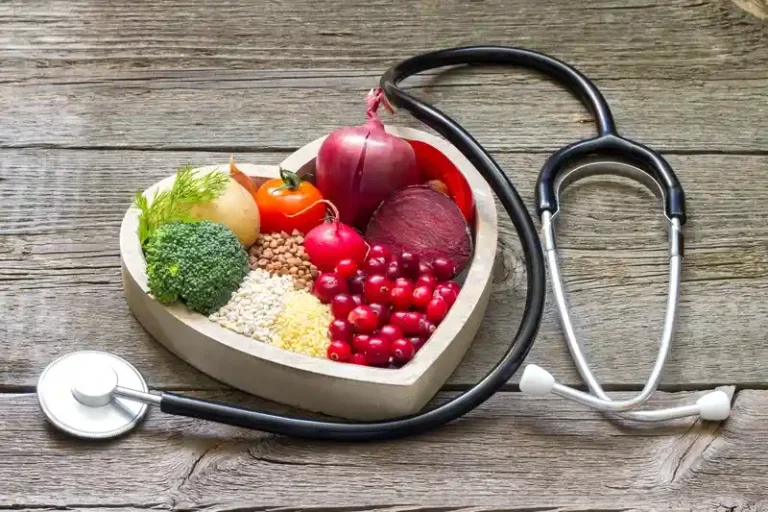Dehydration: Causes, Symptoms, Treatment, and More
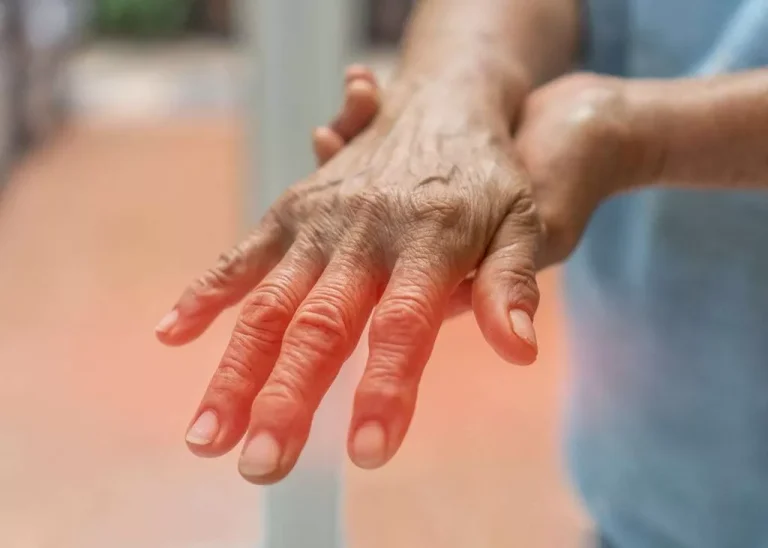
That said, the higher a drink’s alcohol content, the more of a diuretic it’s believed to be. When you don’t adequately replace this excess loss of fluids, you become dehydrated. These include increased facial lines, oral commissures (lines around the mouth), and increased visibility of blood vessels. Added sugar creates extra acid, which makes it harder for your body to store water.
Dry mouth: Your body produces less saliva when you’re dehydrated, so your mouth and tongue may feel dry.
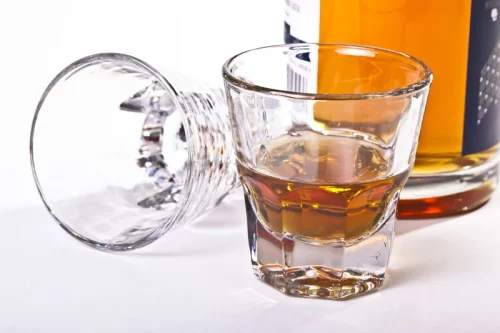
Use these social-bookmarking links to share Why does drinking alcohol cause dehydration?. You’ll hang on to only about half or a third of the extra water you drink. Most of it will go out in your urine, and you’ll still end up dehydrated at the end of a night of drinking. Your body has detectors that can sense both the saltiness of your water, and the volume of the water. If these detectors reckon that you are dehydrated, they send a signal to the posterior pituitary gland, which starts pumping out ADH. The job of ADH is to stop you urinating, so you hang on to your precious water.
- With kids of all ages, she adds that urination changes are also a major red flag.
- Significantly high levels of caffeine intake may contribute to dehydration by stimulating the body to release more liquid than usual.
- But infants and children are at a higher risk because they may be unable to communicate that they’re thirsty.
- And the liver converts that five per cent of alcohol into roughly the same mass of water and some carbon dioxide.
Alcohol Builds Up in Your Bloodstream
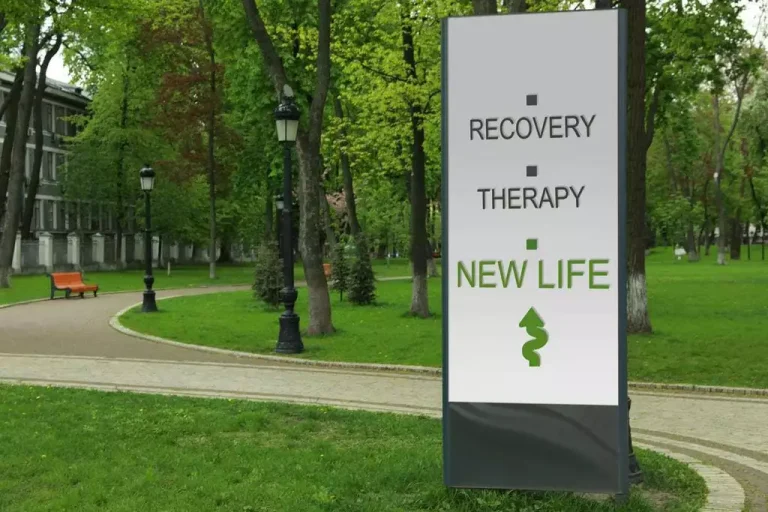
Water is flushed out much faster than alcohol is processed. This can increase your BAC significantly if you don’t replenish your body’s supply with a few sips of water as you drink. After you take a drink, both the liquid and alcohol contents of the beverage pass through your stomach lining and small intestine into the bloodstream.
- The alcohol content of wine can vary from about 10–20% ABV.
- A vodka with soda is likely more hydrating than just a shot of vodka because you’re consuming more fluids from the soda.
- When you’re severely dehydrated, it can take several days for a full recovery.
- Drinking plenty of water is crucial to rehydrate your body.
Some ways you might lose too much fluid include:
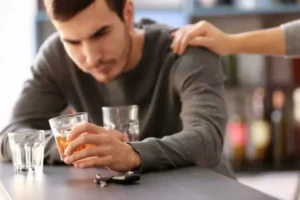
Experts recommend women drink 2.7 liters (92 fluid ounces or 11.5 cups) per day and men drink 3.7 liters (124 fluid ounces or 15.5 cups) daily. Highly active people and those exposed to high temperatures should increase their water intake to avoid dehydration. For every ∼2% loss of body mass by sweating, pOsm increases by ∼5 mOsm/kg [67]. However, there was a ∼30% shared variance in the pOsm distribution across 61 individuals assessed when assumed to be euhydrated and again when intentionally dehydrated by 2–6% body mass.
However, alcohol’s dehydrating effects will be somewhat reduced in some of the “lighter” alcoholic drinks. Alcohol decreases the amount https://ecosoberhouse.com/ of ADH your body produces, making it harder to retain enough fluids. The higher the alcohol content, the greater this effect will be.
Healthcare providers don’t recommend beverages containing alcohol or caffeine for optimal hydration. These fluids tend to pull water from your body and promote dehydration. Fruit juice and fruit drinks may have too many carbohydrates and too little does alcohol dehydrate you sodium, and they may upset your stomach. Some beverages are better than others at preventing dehydration. Water is all you need if you’re planning to be active in a low- or moderate-intensity activity, such as walking for only an hour or less.
Ways to Stay Hydrated While Drinking Alcohol
For example, poor saliva production due to dehydration leads to dry mouth, which can cause bad breath (halitosis). Itchiness is a symptom of dry skin, which could be due to dehydration. Drinks like coffee, sodas with caffeine — and even alcohol — can have a diuretic effect, meaning they can cause you to urinate or pee more, which can then further dehydrate you. Overloading your system with water will only cause your body to eliminate any excess through your urine — taking vital electrolytes with it. While water is important, you also need to get electrolytes — think sodium, potassium, calcium and magnesium chloride — from fruits and vegetables. Stoutz emphasizes the importance of hydrating before and during drinking, which can minimize how dehydrated you become.
- Yes, rehydration is one of the best ways to reduce hangover symptoms.
- You can experience water and nutrient depletion, leading to unwanted symptoms such as dehydration.
- If you or a loved one has a moderate to severe case of dehydration, you may need to go to the hospital to get IV fluids.
- And since alcohol increases our heart rate, it makes us sweat more, which accelerates how fast we become dehydrated.
- Xiao et al. estimated that avoidable hospitalizations with dehydration inflicted an economic burden on the US that amounted to over $1.14 billion for the year of 1999 [109].
- Dehydration means your body doesn’t have enough water to function well.
- As the liver breaks down the alcohol, it is converted into a substance called acetaldehyde, which can be toxic in high doses.
- A diuretic is a substance that causes the body to produce more urine.
This is, in part, due to the clinical challenge of managing a condition with little international consensus as to how it (or its severity) is defined or diagnosed [9–12]. It is the largest single constituent of the human body, accounting for approximately 60% of adult body mass. Through complex homeostatic mechanisms, total body water (TBW) is precisely regulated and distributed across the intracellular fluid (ICF) and extracellular fluid (ECF) compartments. ECF is further divided across the interstitial and intravascular spaces (Figure 1). “If you are looking to find a drink that is less dehydrating, try choosing ones that you would enjoy over a longer period of time,” Richardson says. Sipping on one whisky all evening will likely mean you ingest less alcohol overall than three or four standard glasses of wine.
Reasons you’re dehydrated
